Washington, D.C. – According to Buckscountybeacon, A nearly four-decade public-private partnership between the Episcopal Church and the U.S. federal government to resettle and support refugees will come to a close by the end of the current fiscal year, as church leaders protest what they call a deeply unjust shift in immigration policy.
Presiding Bishop Sean Rowe announced in a May 12 statement that the Episcopal Church would terminate its refugee resettlement collaboration with the government, citing the Trump Administration’s decision to fast-track white Afrikaner applicants from South Africa for refugee status.
“It has been painful to watch one group of refugees, selected in a highly unusual manner, receive preferential treatment over many others who have been waiting in refugee camps or dangerous conditions for years,” Rowe said.
A Legacy Ends
Episcopal Migration Ministries, one of nine national agencies authorized to resettle refugees in the U.S., has worked for nearly 40 years to welcome over 110,000 refugees, many of whom have become American citizens. The ministry, largely funded through federal grants—approximately $50 million annually, or 97% of its operating budget—will begin phasing out its programs immediately and fully exit by September 30, the end of the federal fiscal year.
While no job cuts have taken place as of the announcement, the church confirmed that some positions will be eliminated during the wind-down period. Those affected will be offered severance packages and outplacement resources, funded entirely by the church, not the government.
“We are committed to ensuring that those who have dedicated their careers to this ministry are treated with dignity and care,” Rowe said.
Policy Shift Sparks Outrage
Controversy erupted earlier this spring when the U.S. Department of Homeland Security reportedly informed Episcopal Migration Ministries that continued grant funding would require active participation in the resettlement of white South African Afrikaners, newly classified as refugees by the Trump Administration.
Critics of the move have pointed to a fringe conspiracy theory claiming that white South Africans are facing a “genocide”—a claim amplified by high-profile figures like Elon Musk and former President Donald Trump, despite overwhelming evidence to the contrary.
“This is not even a conspiracy theory—it’s something even dumber than that,” commented political blog The UnPopulist in a recent post.
Bishop Rowe did not mince words in condemning the policy: “I am saddened and ashamed that many of the refugees who are being denied entrance to the United States are brave people who worked alongside our military in Iraq and Afghanistan and now face danger at home because of their service to our country.”
A Stand for Racial Justice
The decision to exit the federal resettlement program was grounded in the Episcopal Church’s commitment to racial justice, Rowe emphasized. The church also cited its long-standing ties to the Anglican Church of Southern Africa and solidarity with historically oppressed communities.
“In light of our church’s steadfast commitment to racial justice and reconciliation… we are not able to take this step,” Rowe said.
Clergy across the country have voiced support for the move. “I’m proud of the Presiding Bishop’s decision,” said The Very Reverend Jon Stratton, dean and rector of the Cathedral Church of the Nativity in Bethlehem, Pennsylvania. “As a church, we have a duty to speak out against injustice.”
Local Impact and Uncertainty
The Cathedral Church of the Nativity, located on Bethlehem’s Southside—home to a large Spanish-speaking population—has long been active in immigrant outreach. Before the COVID-19 pandemic, the parish launched bilingual services to better serve the local community.
Stratton, while unsure of the immediate impact on his congregation, said the larger climate of fear among immigrants is palpable.
“Although I’m not exactly sure how this particular decision will affect the Lehigh Valley or the local church that I serve, I do know that the anti-immigrant policies of the current administration are sowing a lot of fear in my community,” he said. “Fear to move freely. Fear of going to work. Fear, even, to go to church.”
This fear was made real just days ago when Immigration and Customs Enforcement (ICE) officers conducted a raid on a Southside Bethlehem construction site, detaining 17 individuals, according to reports by Lehigh University’s student newspaper The Brown and White.
A Search for Alternatives
As the federal partnership winds down, Bishop Rowe stated that the church is exploring other ways to continue its mission. This includes strengthening local diocesan efforts, building on global partnerships, and fundraising to support refugee aid independent of government assistance.
“The work of welcoming the stranger is sacred,” said Rev. Daniel T. Moore of St. Paul’s Episcopal Church in Doylestown, Pennsylvania. “Sometimes that work will overlap with the interests of our political leaders and other times it won’t. But we must remain faithful.”
While Afrikaner families have already begun arriving in the U.S.—with the first groups landing at Dulles International Airport on May 12—the Episcopal Church has chosen to stand firm, ending a chapter of quiet yet vital humanitarian work.
As Rowe put it, “Our moral clarity cannot be sold for grant dollars.”

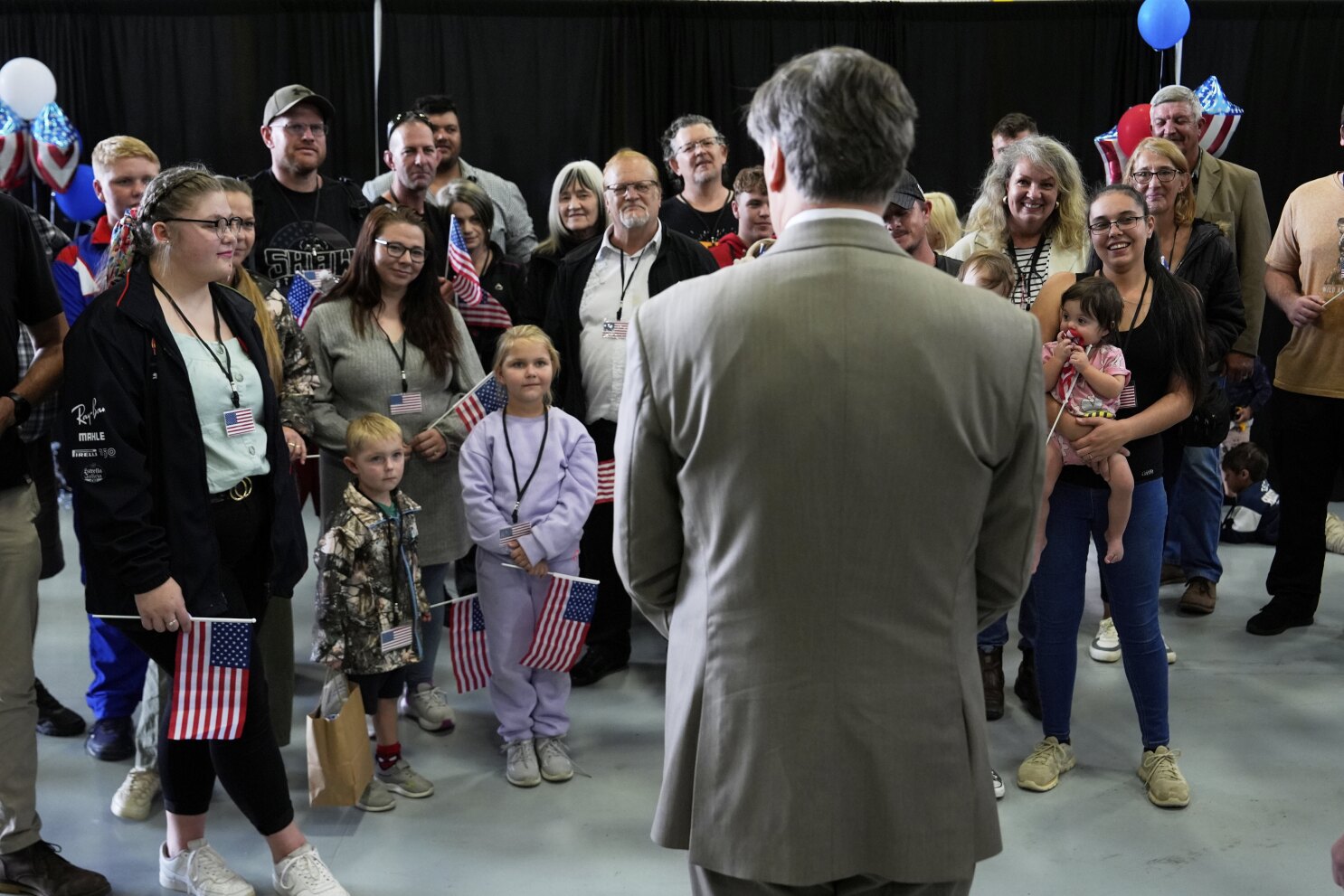

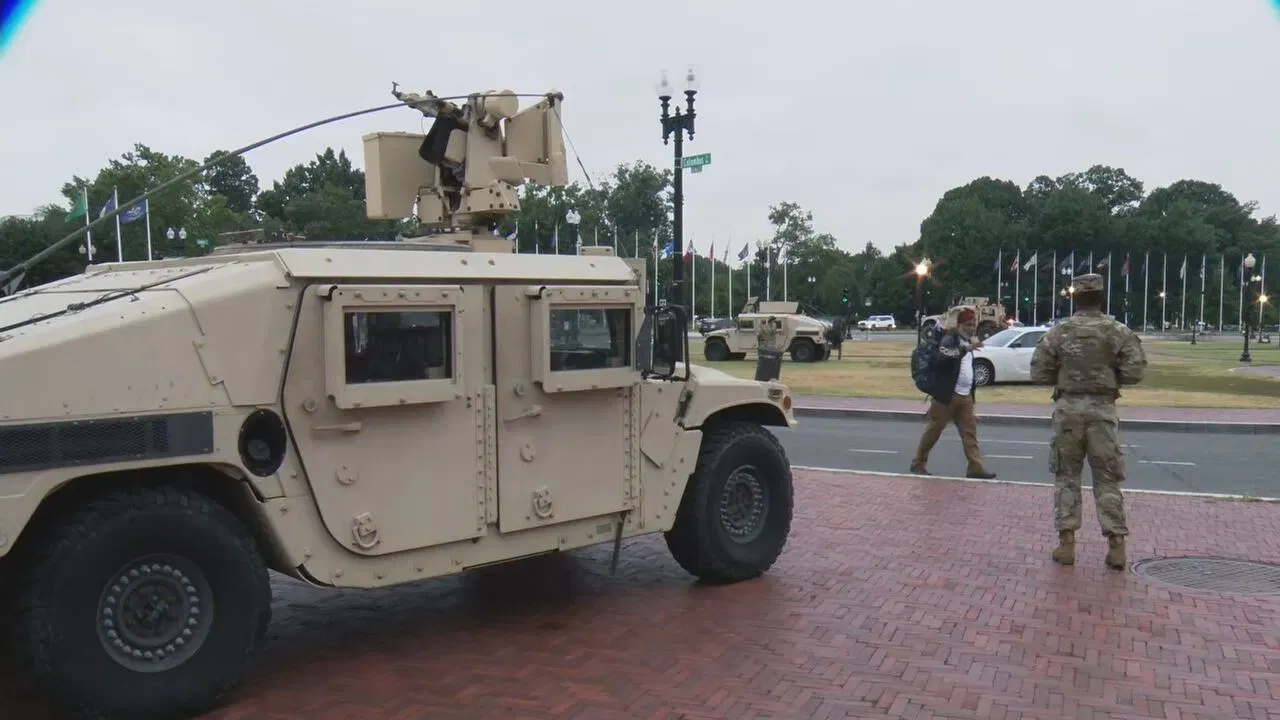
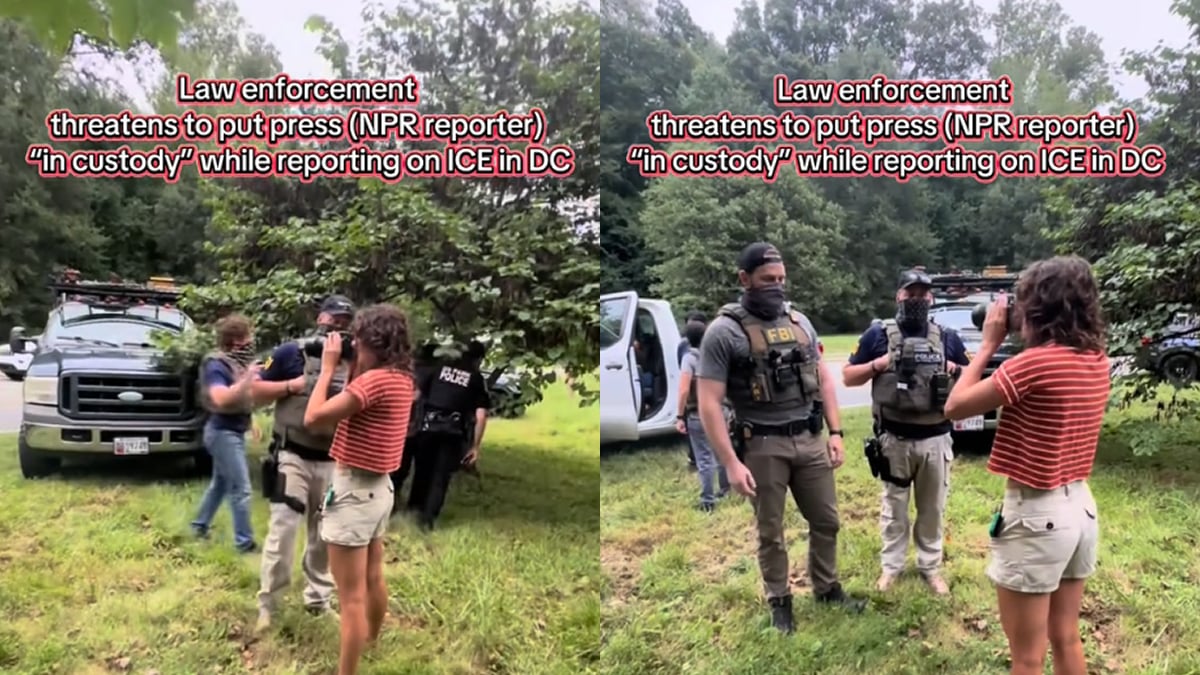


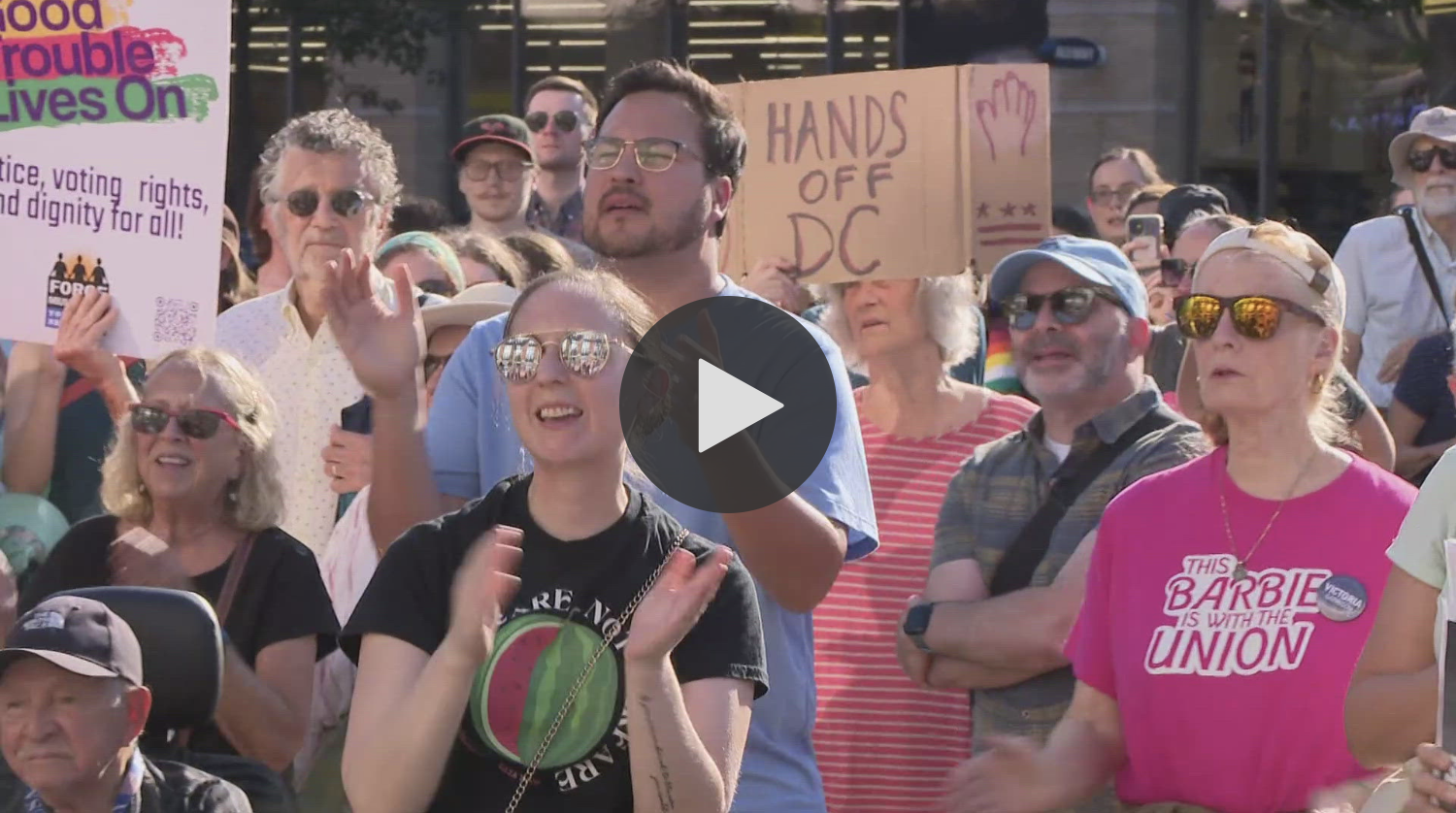
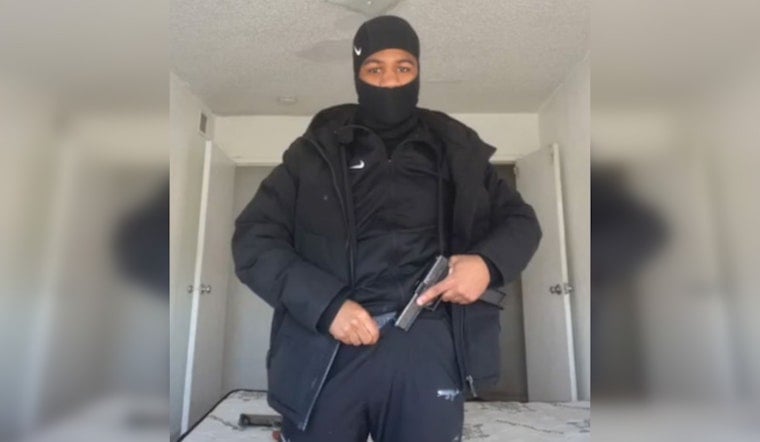
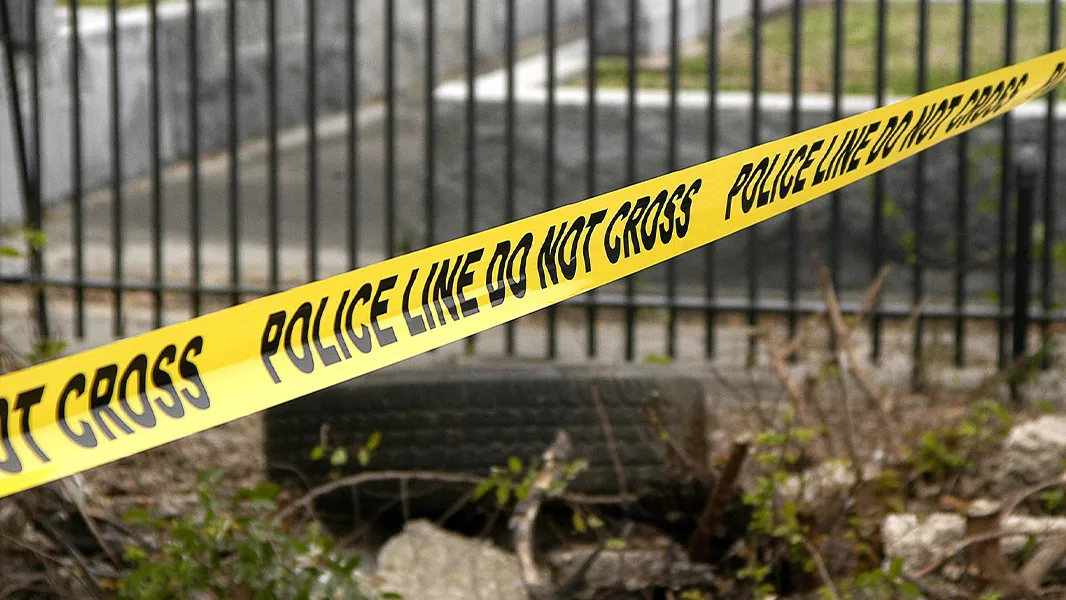
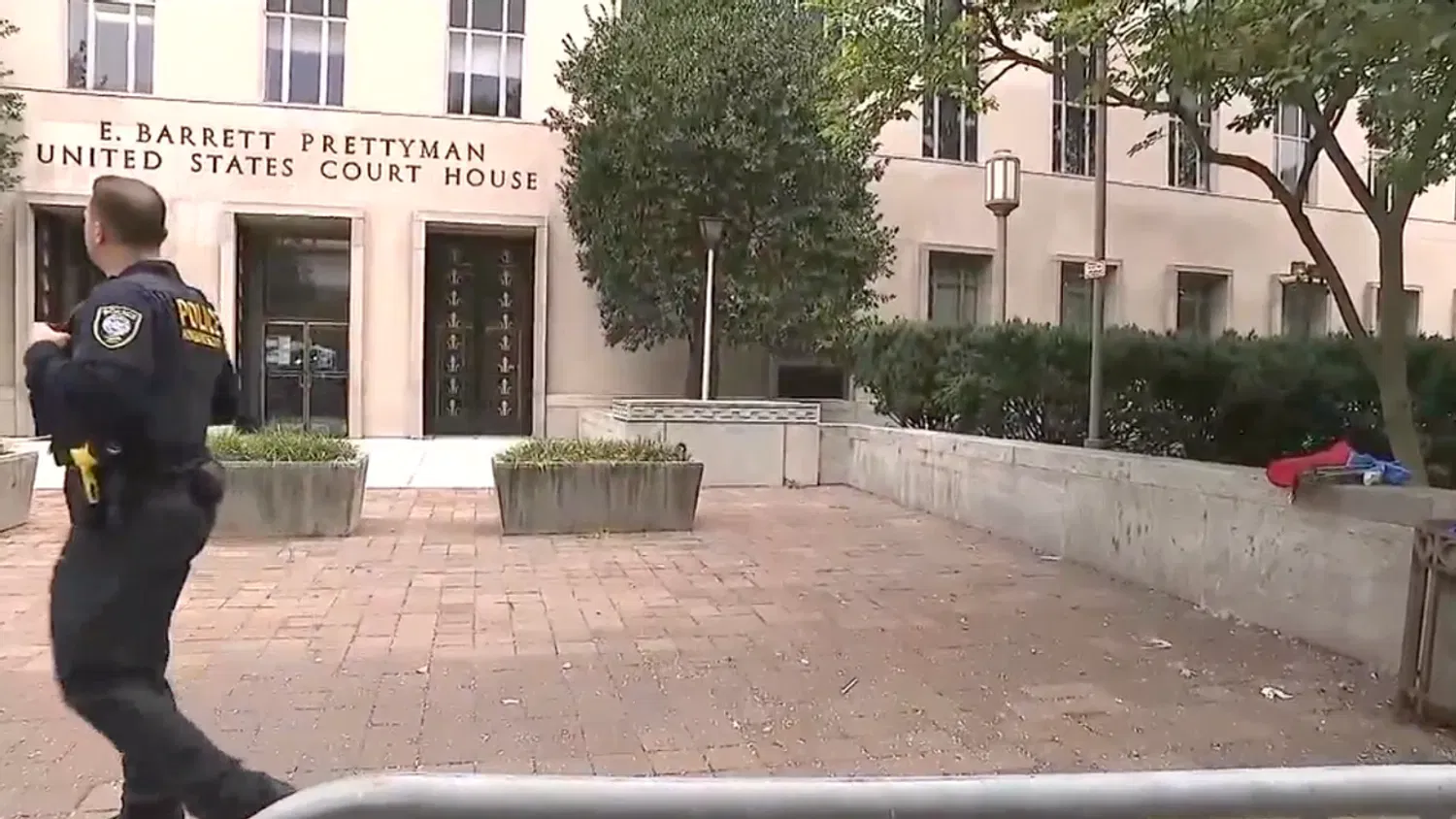
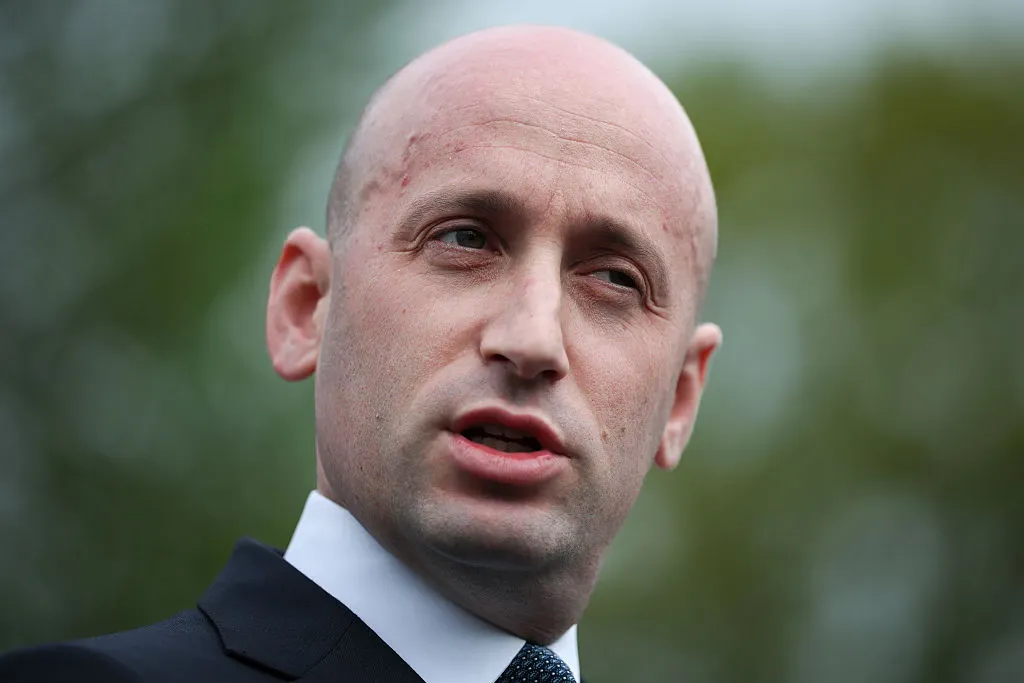
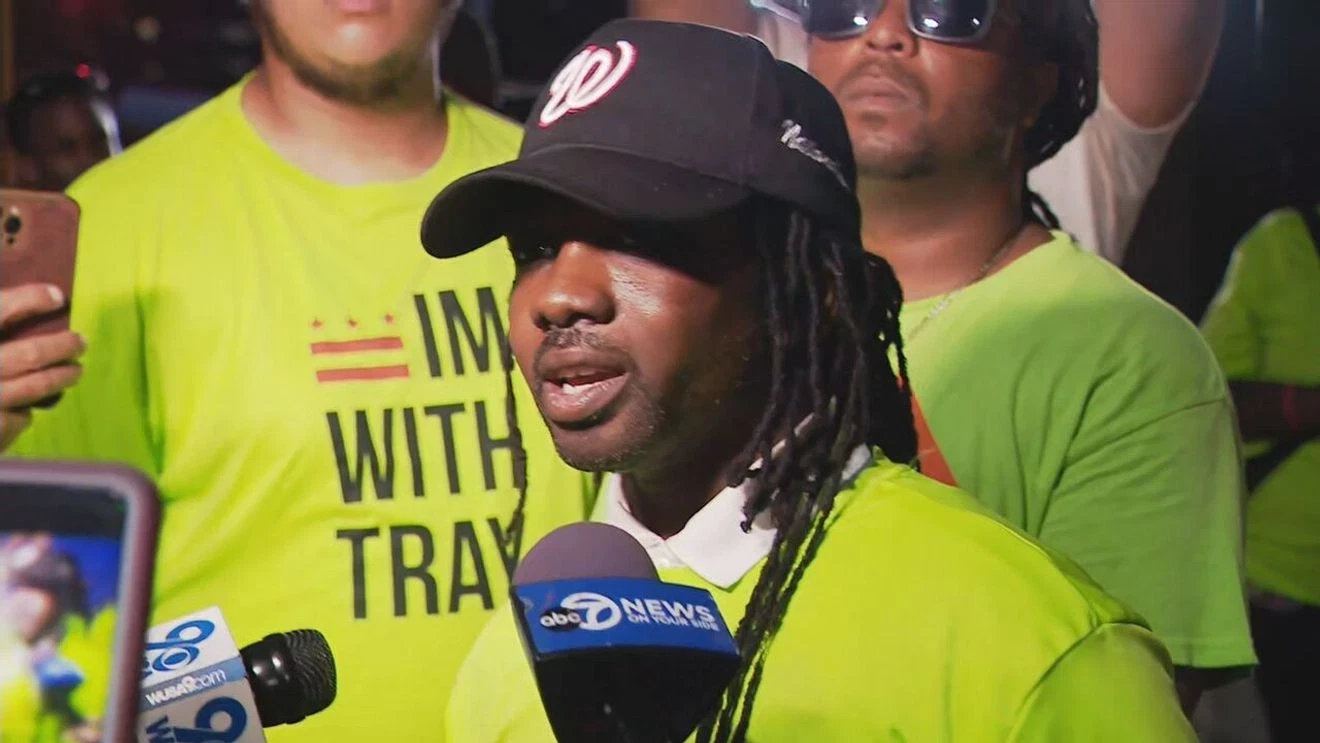
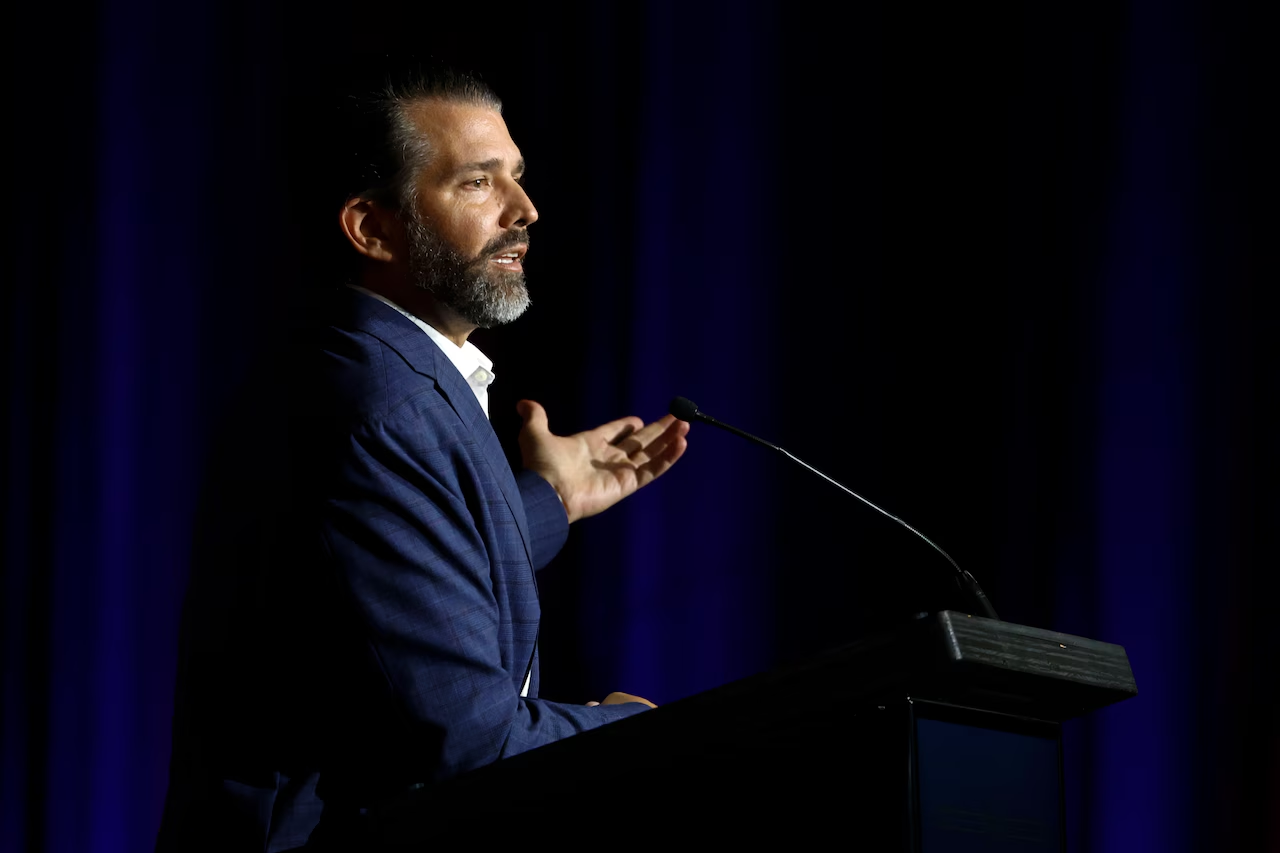
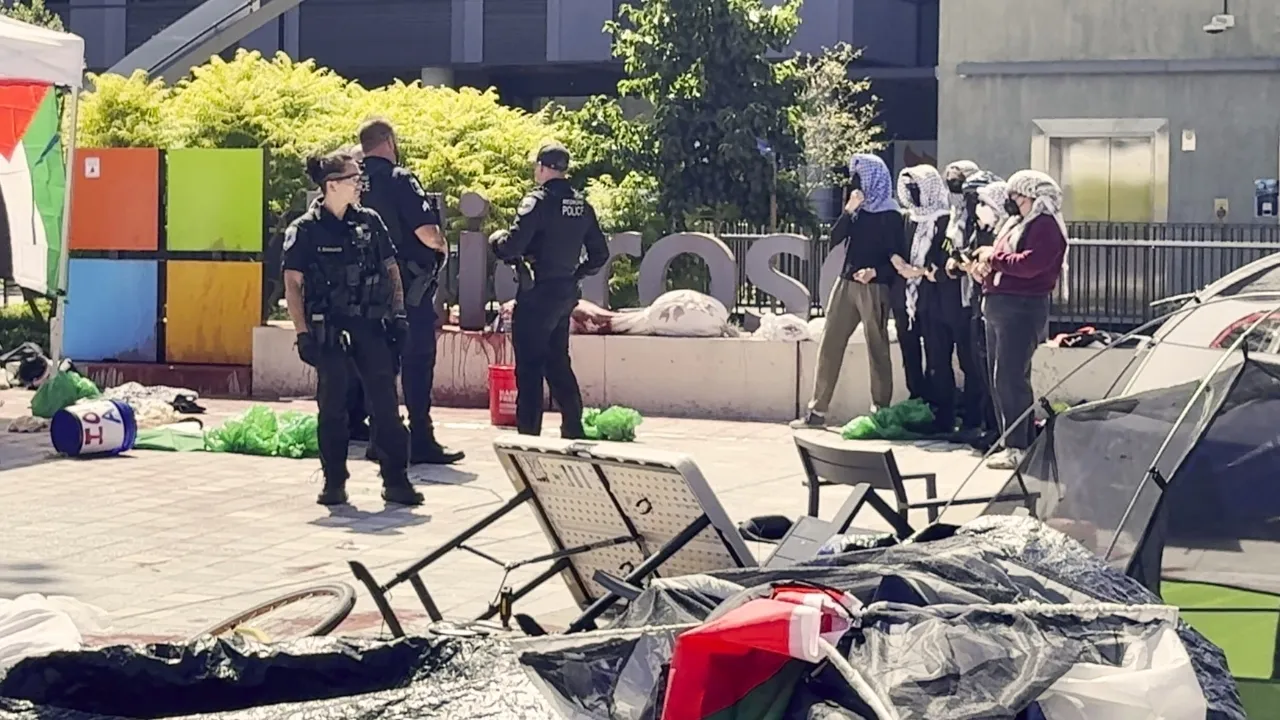
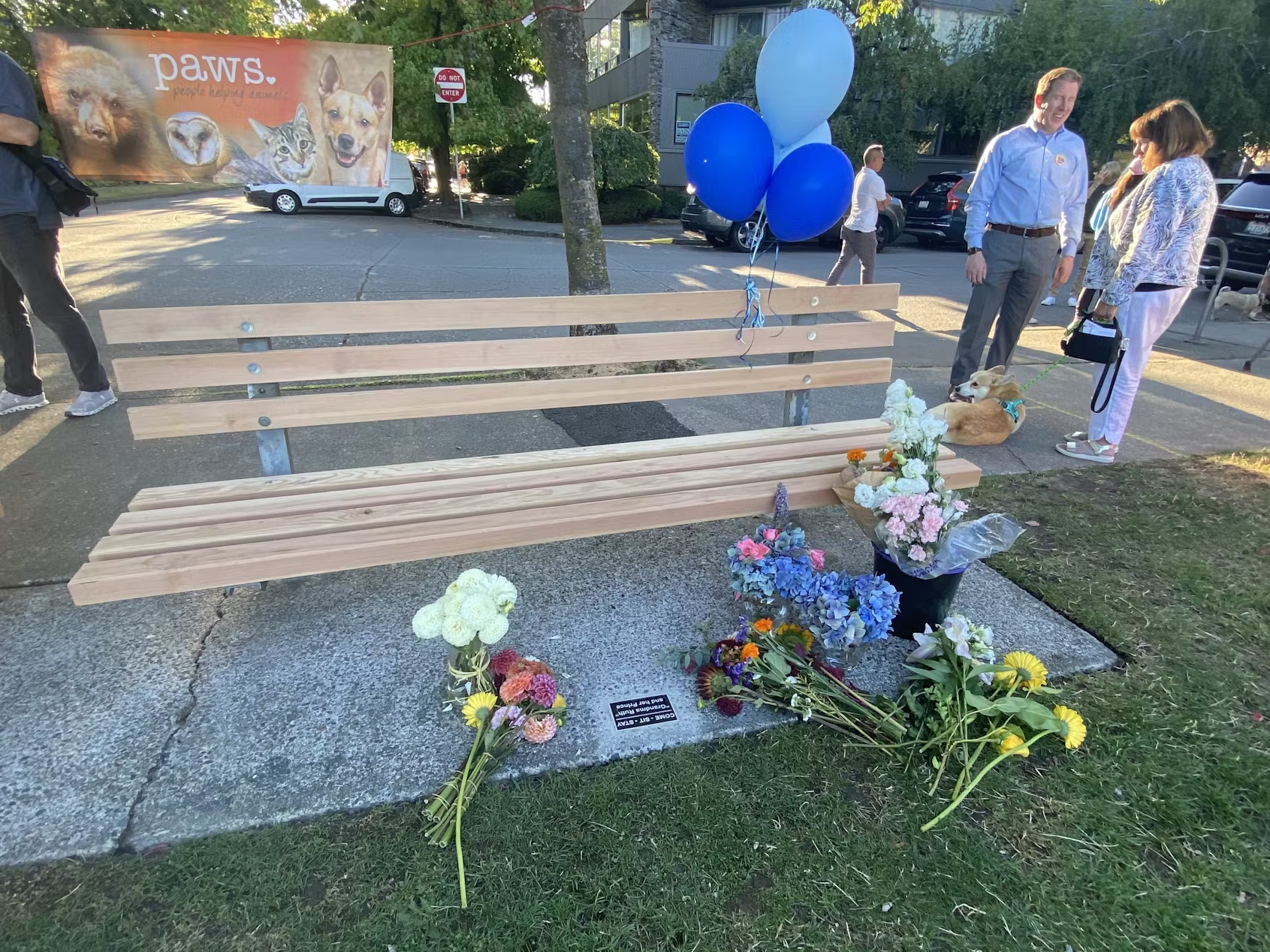
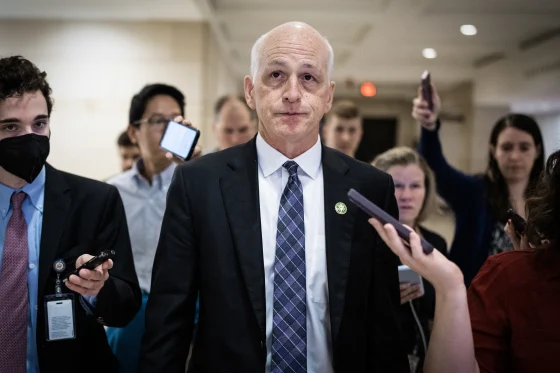
Leave a Reply